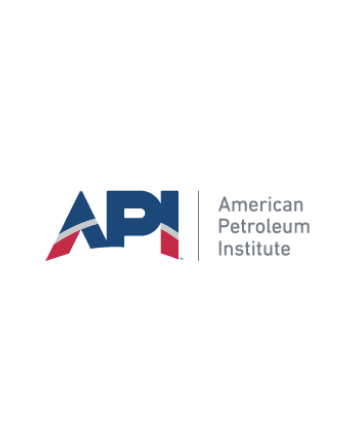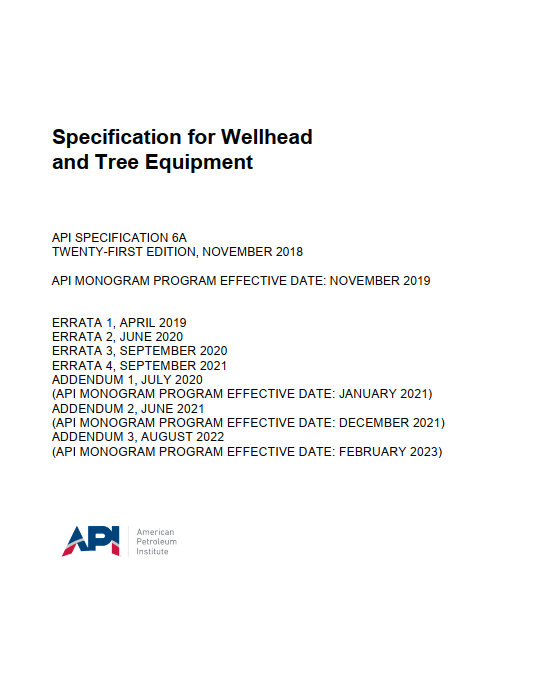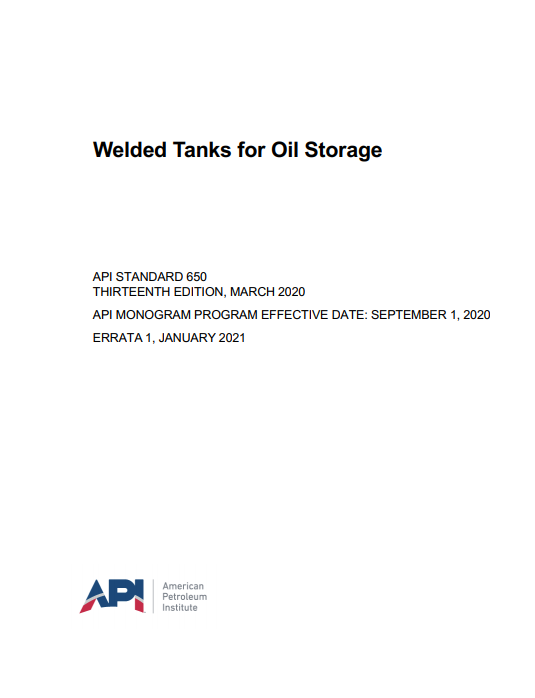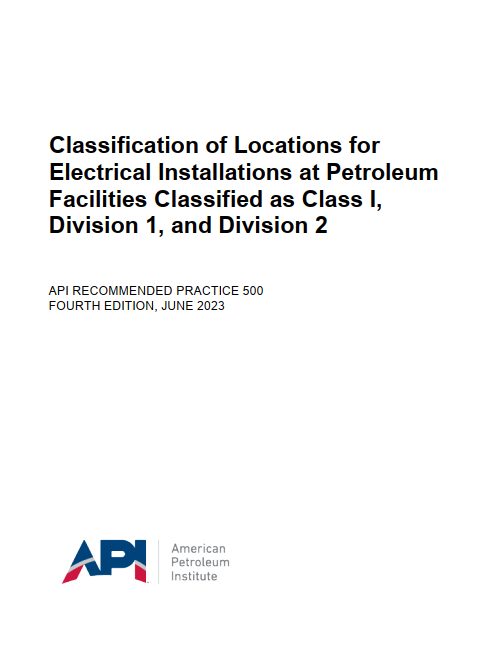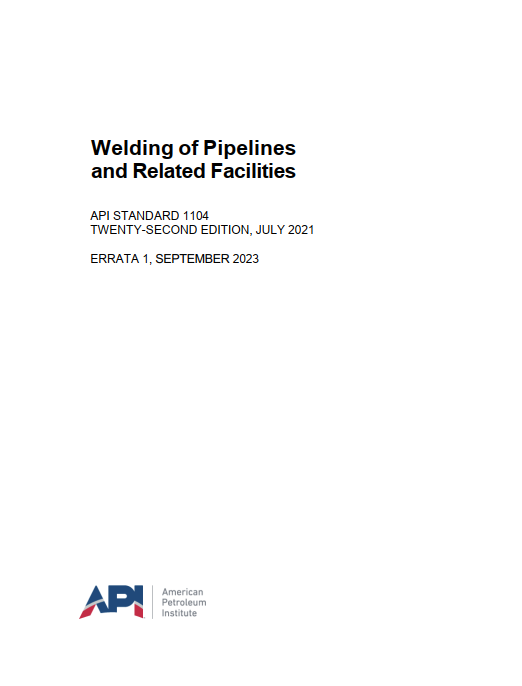Wide in scope and filled with years of accumulated industry knowledge, the latest edition of 1104 presents inspection methods to ensure the proper analysis of welding quality through the use of qualified technicians and approved methods and equipment.
This standard presents methods for the production of high-quality welds through the use of qualified welders using approved welding procedures, materials, and equipment.
This standard covers the gas and arc welding of butt, fillet, and socket welds in carbon and low-alloy steel piping used in the compression, pumping, and transmission of crude petroleum, petroleum products, fuel gases, carbon dioxide, nitrogen, and where applicable, covers welding on distribution systems. It applies to both new construction and in-service welding. The welding may be done by a shielded metal arc welding, submerged arc welding, gas tungsten arc welding, gas metal arc welding, flux-cored arc welding, plasma arc welding, oxyacetylene welding, or flash butt-welding process or by a combination of these processes using a manual, semiautomatic, mechanized, or automatic welding technique or a combination of these techniques. The welds may be produced by position or roll welding or by a combination of position and roll welding.
This standard also presents inspection methods to ensure the proper analysis of welding quality through the use of qualified technicians and approved methods and equipment. It covers the procedures for radiographic, magnetic particle, liquid penetrant, and ultrasonic testing, as well as the acceptance standards to be applied to production welds tested to destruction or inspected by radiographic, magnetic particle, liquid penetrant, ultrasonic, and visual testing methods.
While this standard is comprehensive, it may not address all issues that may arise. The absence of guidance or requirements is not to be considered prohibitive to a particular activity or approach that is based upon sound engineering judgment. For example, other industry standards, reliable engineering tests and analyses, or established industry.

